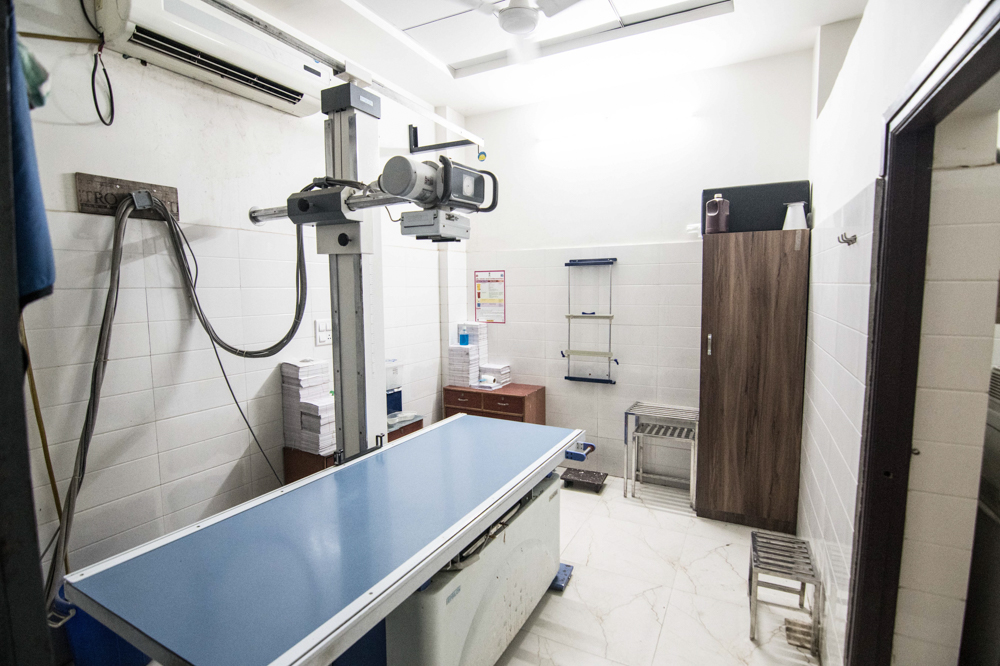When it comes to diagnosing bone marrow diseases, many patients and caregivers are left wondering, “Which test is the right one?” or “What should I expect during the process?” Understanding these diagnostic tests can feel overwhelming, especially with the complexity of medical terms.
This guide simplifies the process, walking you through the essential diagnostic tests for bone marrow diseases. By the end, you’ll understand which tests are commonly performed, their purposes, and what to expect during the procedure. Whether you’re preparing for a test or just seeking knowledge, this post has you covered.
1. What Are Bone Marrow Diseases?
Bone marrow diseases affect the spongy tissue inside bones where blood cells are produced. Common conditions include leukemia, lymphoma, myelodysplastic syndromes (MDS), and aplastic anemia. These diseases can disrupt blood cell production, leading to symptoms like fatigue, frequent infections, and unusual bleeding.
2. Key Diagnostic Tests for Bone Marrow Diseases
A. Blood Tests
Blood tests are the first step in diagnosing bone marrow diseases.
- Complete Blood Count (CBC): Measures the levels of red blood cells, white blood cells, and platelets to detect abnormalities.
- Peripheral Blood Smear: Examines the shape and size of blood cells for signs of disease.
These tests can provide early clues and help your doctor decide if further testing is necessary.
B. Bone Marrow Aspiration and Biopsy
When deeper insights are needed, a bone marrow biopsy is the gold standard.
- Purpose: Detects abnormalities in bone marrow structure or cell production.
- Procedure: A small sample of liquid bone marrow and a piece of solid tissue are extracted from your pelvic bone.
C. Imaging Tests
Imaging tests CT scans, can visualize bone and marrow changes.
- Purpose: Identify abnormalities like tumors or marrow replacement by fibrous tissue.
- Real-world Tip: Imaging is often used in conjunction with biopsies for a complete picture.
D. Genetic Testing
Genetic testing helps detect chromosomal abnormalities that may indicate specific conditions like leukemia.
- Karyotyping and Next-Generation Sequencing (NGS): These advanced tests are used to identify mutations or changes in genes.
3. Preparing for Diagnostic Tests
Here’s how to make the testing process smoother:
- Ask Questions: Understand why the test is being performed and its implications.
- Follow Instructions: For example, you may need to avoid eating or drinking before certain procedures.
- Comfort Measures: Bone marrow biopsies can cause mild discomfort, but local anesthesia and sedatives are typically provided.
4. How Results Are Uses
Doctors use test results to:
- Confirm or rule out bone marrow diseases.
- Determine the severity of the condition.
- Plan the most effective treatment.
For example, identifying genetic mutations in leukemia can guide targeted therapies.
FAQ Section
Q2. How long does it take to get results?
A : Blood test results may be ready in hours, but biopsy and genetic testing can take a few days to weeks.
Q1. Are bone marrow biopsies painful?
A : Most people experience only mild discomfort, as local anesthesia is used during the procedure.
Q3. Can bone marrow diseases be cured?
A : Some bone marrow diseases, like certain leukemias, are curable with treatments such as chemotherapy, stem cell transplants, or targeted therapies.
Conclusion
Bone marrow diagnostic tests are essential tools for identifying a range of serious conditions, providing doctors with crucial insights into your health. Understanding the process and knowing what to expect can help alleviate any worries you may have about the procedure. If you’re experiencing symptoms or have been recommended for these tests, it’s important to consult with a healthcare professional to ensure the best course of action for your health
If you or a loved one need guidance or support regarding bone marrow diagnostic tests, don’t hesitate to contact our expert team at the diagnostic centre in Kota today. We’re here to help you through every step of the process, ensuring accurate results and peace of mind. Reach out now for more information!




